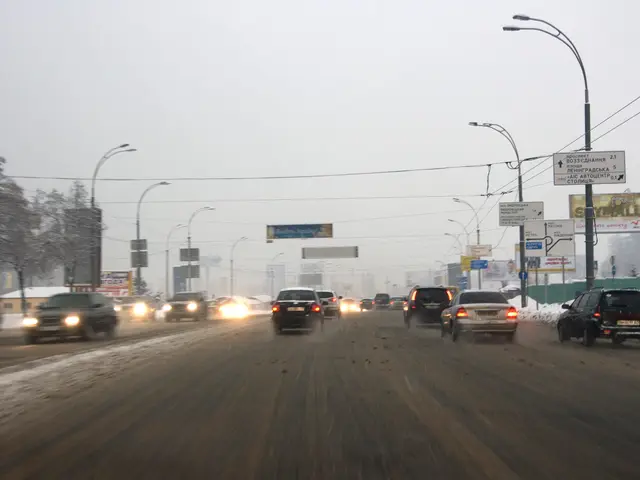Heat Deaths and Losses to Double by 2050: Freetown's Data-Driven Cooling Success
Heat-related deaths and economic losses are projected to significantly rise by 2050, with no action taken. Freetown, Sierra Leone, has taken a proactive step by using data to reduce temperatures, while a new study reveals the alarming extent of climate-fueled heat extremes.
A recent study found that 4 billion people, half of the world's population, faced at least one extra month of extreme heat last year. Cities like Delhi, Jalisco, and Phoenix have already experienced temperatures over 100 degrees F (around 38 degrees C). Without mitigation, heat-related deaths are expected to more than double by 2050, with economic losses also set to double in the same period.
Cities face unique heat risks due to heat-absorbing infrastructure, dense populations, and lack of nature. To tackle this, cities should measure what matters by using metrics like wet bulb globe temperature and thermal comfort indices. They should also engage communities in data collection and resilient infrastructure planning. To cool down, cities should focus on easily scalable infrastructure like redesigning streets, buildings, and parks for heat resilience. Leading cities in this effort include Graz and Munich, which have implemented measures to increase climate resilience through tree planting and improving urban infrastructure.
Heat waves pose significant threats to people's health, well-being, and local economies, causing an average of 500,000 excess deaths per year. As extreme heat worsens, cities must adapt by understanding heat risks, deploying resilient infrastructure, and working with communities. By taking these steps, cities can mitigate the impacts of heat waves and create more resilient urban environments.








